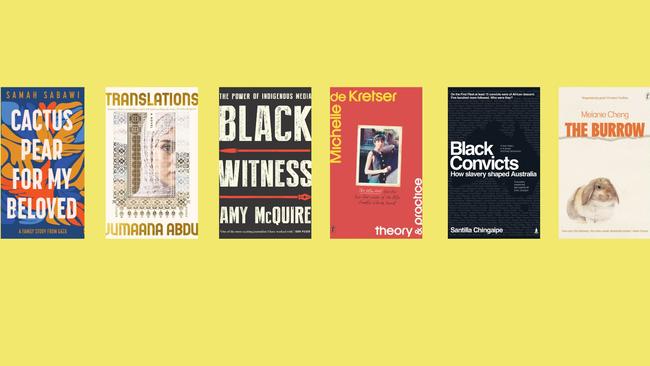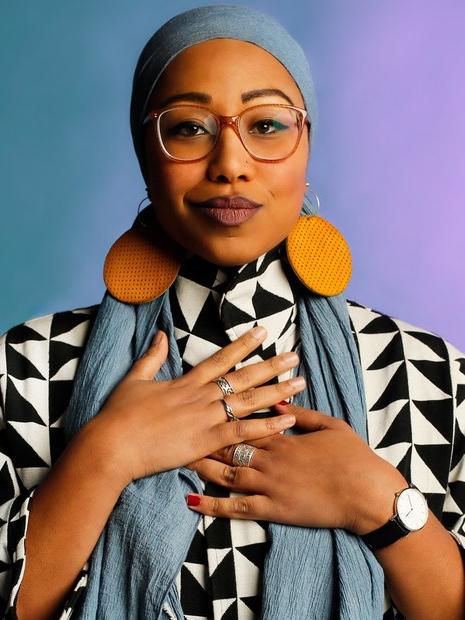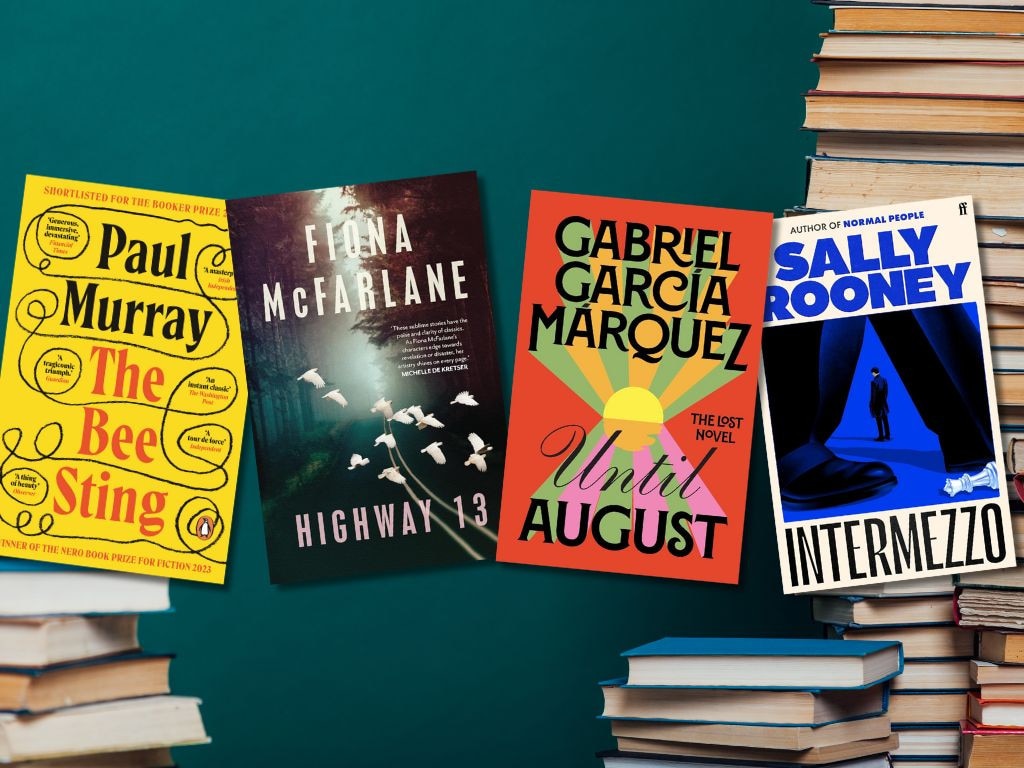Women of colour dominate Stella Prize for literature shortlist
The judges of the prestigious Stella Prize have announced a ‘consequential’ shortlist, featuring only writers who are women of colour.

The judges of the 2025 Stella Prize for literature have unveiled a historic shortlist: for the first time in the 13-year history of the prize, all the writers are women of colour.
“This year’s shortlist is consequential for Australian literary history,” the judges said in a statement. “It is the first time the Stella shortlist features only women of colour.
“These works are riveting, and they stood out to the judging panel for their integrity, compassion and fearlessness.”
The judges – Astrid Edwards, Debra Dank, Leah Jing McIntosh, Yassmin Abdel-Magied and Rick Morton – short-listed three fiction and three non-fiction titles for the $60,000 prize. They are:
• Black Convicts by Santilla Chingaipe (non-fiction)
• Black Witness by Amy McQuire (non-fiction)
• Cactus Pear For My Beloved by Samah Sabawi (non-fiction)
• The Burrow by Melanie Cheng (fiction)
• Theory & Practice by Michelle de Kretser (fiction)
• Translations by Jumaana Abdu (fiction)

Chingaipe’s Black Convicts is the result of monumental digging in the archives, and for the first time identifies hundreds of people of African descent who were transported to Australia. She said it was “amazing” that her work should be short-listed alongside the works of other women of colour.
“It’s unsurprising in many ways because I’ve always thought that some of the best writing and the best art is produced by people on the margins,” said Chingaipe, who came to Australia at the age of 10 with her family from Zambia.
“They are constantly asking questions of this country and, I think, helping to push us forward. I’m honoured to be among them.”
Chingaipe said “the rights of people of colour, queer folk, Indigenous people and women” were under threat “and I’ve recently been asking myself some really tough questions, trying not feel defeated by the overwhelming negativity”.


The judges said Amy McQuire’s Black Witness “eviscerates the approach of mainstream journalism in Australia” towards stories involving Indigenous Australians. McQuire “argues that too often journalists and media outlets privilege the ‘white witness’ … Black Witness takes the reader back to pivotal moments in recent Australian history, including the Palm Island uprising and the Bowraville murders, and demonstrates the bias and injustice implicit in much contemporary media coverage.”
De Kretser, whose book features a magnificent picture of the author as a feisty young woman on the cover, said: “To me, it’s just recognition really of the excellence of female writers in this country. We have so many excellent books being produced by women from all different backgrounds. The exciting thing is how many young writers have picked up my book … gathering new readers is always fantastic.”
Cheng, who touches the third rail of literature – the death of a small child – in her slim and beautiful book The Burrow, said she “didn’t set out deliberately to include characters from this background or that background, but I write the world around me, and I have people from all different backgrounds around me”.
Two of the books centre on Palestinian experiences: Abdu’s Translations tackles “what it means to make a home as a migrant on stolen land”.
Her protagonist, Aliyah, a Muslim, hires an “extremely private” Palestinian man as her farmhand.
Sabawi’s Cactus Pear For My Beloved “charts the life of Palestinians through her lineage and under successive empires, Ottoman, British, the 1948 Nakba”, and presents Gaza “not as a barren battlefield but a people, proud, human and persisting”.
The Stella, established 13 years ago was initially for women writers.
It has since been opened to transgender women and non-binary women writers.
The winner of the 2025 prize will be announced on May 23 at the Sydney Writers Festival.






To join the conversation, please log in. Don't have an account? Register
Join the conversation, you are commenting as Logout